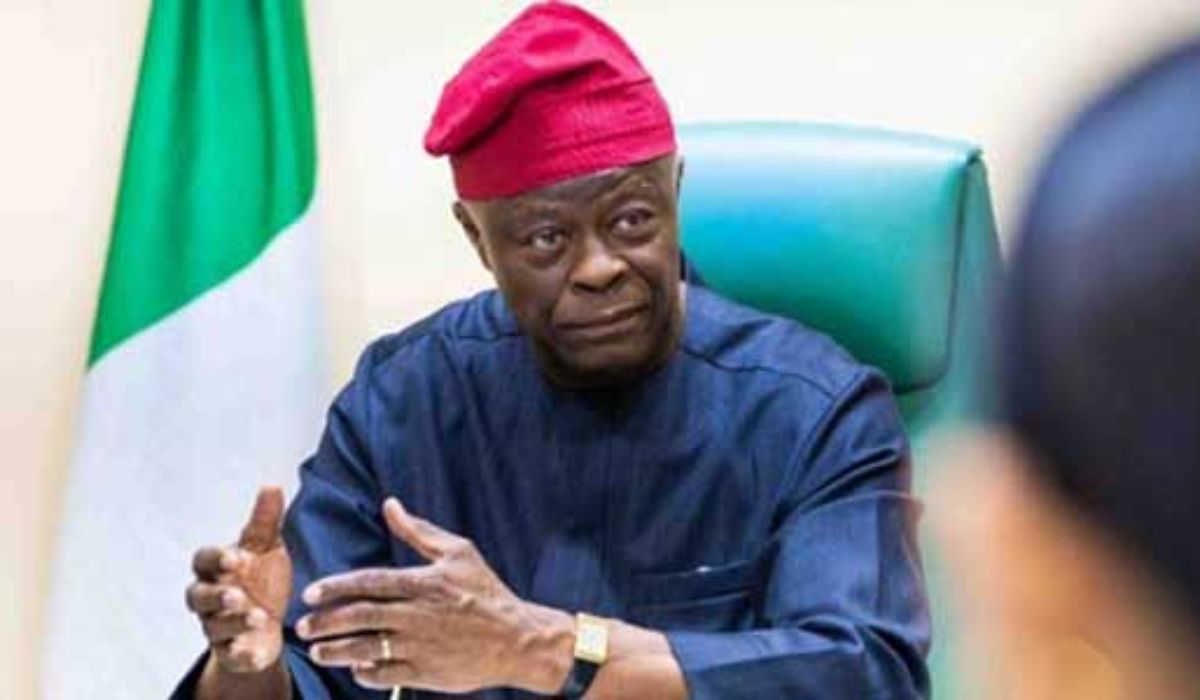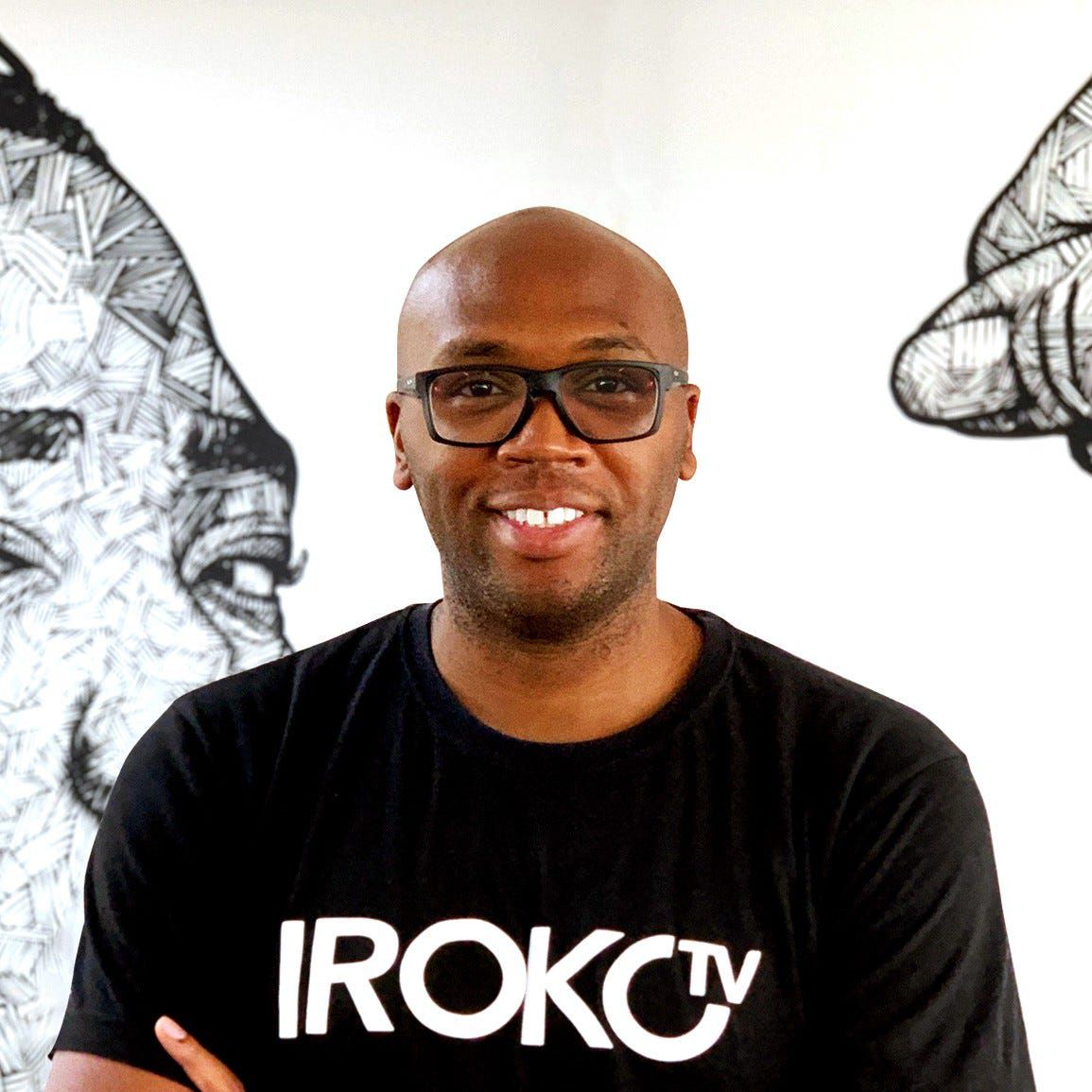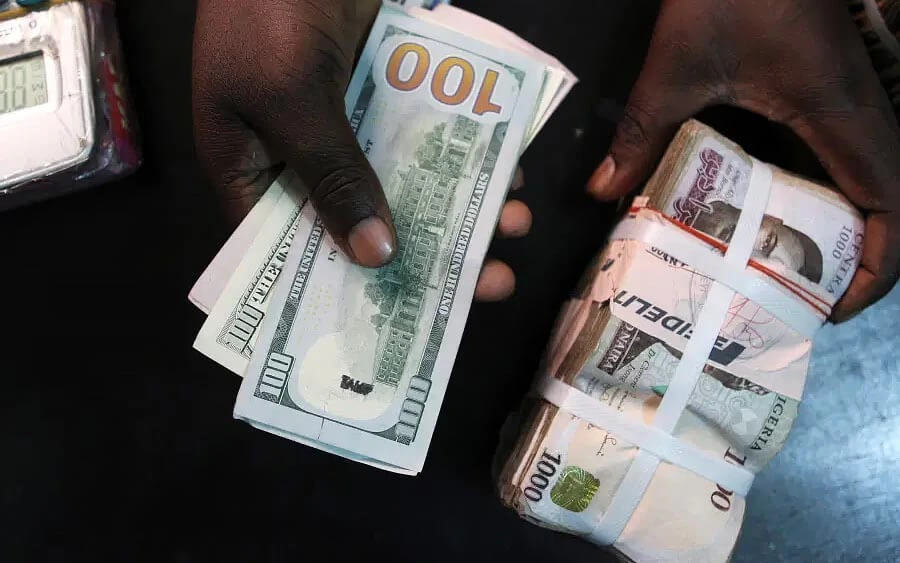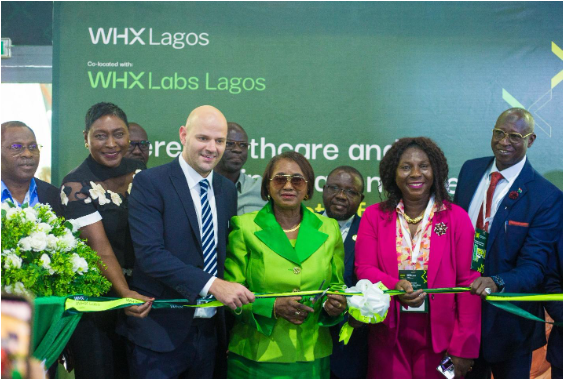FG Expands Cash Transfer to 6 Million Nigerians in 6 Months, Says Minister

The Federal Government has extended its conditional cash transfer programme to six million Nigerians within the last six months, according to the Minister of Humanitarian Affairs and Poverty Reduction, Professor Nentawe Yilwatda.
Speaking in Jos during a Thursday engagement with participants of the ongoing Skills-to-Wealth (S2W) Training Programme, Yilwatda disclosed this development, as reported by the News Agency of Nigeria (NAN).
“In six months, we have reached out to six million people; it simply means that we are doing one million people per month,” he said.
He emphasized that the scope of the initiative has grown significantly compared to previous administrations, and reaffirmed that the expansion is in line with the ministry’s new objectives.
The minister further stated that by October, the government aims to have enrolled 15 million Nigerians into the cash transfer scheme.
“The President wants to ensure that by October, we can support 15 million households.
“The president has directed that we should ensure that that money reached these people in nine months,” he explained.
Yilwatda compared the current achievements with earlier efforts under the scheme, noting a stark contrast.
“Only two million people benefited from the conditional cash transfer in the past; it simply means that in nine years of that programme, just 200,000 people benefited in a year,” he said.
He highlighted the role of technology in enhancing the programme’s credibility and efficiency.
According to him, “We are in the process of digitising all the homes of people on the social register, giving them a digital identity, creating e-wallets account for them, and carrying out physical verification.
“We have removed a lot of names from the social register that have errors. They are not known, and we couldn’t verify and identify them and their homes within the social register,” the Minister stated.
To ensure accuracy in the distribution of funds, the ministry collaborated with the World Bank for an independent review of its processes.
“After we delivered to the first four million people, I asked the World Bank to set up an independent team to do a verification of these people we are paying.
“We wanted to be sure that we are doing the right thing, and the result revealed that the people we paid were actually on the social register.
“They visited the homes of the beneficiaries and met 96 per cent of them in person.”
He noted that the remaining four per cent could not be verified due to displacement or remote locations.
“The remaining four per cent that they couldn’t verify are those in hard-to-reach areas and those who migrated due to insecurity,” Yilwatda stated.
On the Skills-to-Wealth (S2W) initiative, the Minister said the programme is tailored to empower the country’s youth by offering training in three critical sectors: agriculture, renewable energy, and automobile technology.
Meanwhile, recent data from the World Bank’s April 2025 Africa’s Pulse report underscores the severity of poverty in Nigeria. The report indicates that the country accounts for 19% of sub-Saharan Africa’s extremely poor population—the highest proportion in the region.
This statistic translates to over 106 million Nigerians living below the extreme poverty line, representing approximately 15% of the global population living in such conditions. Effectively, more than one out of every seven people living in extreme poverty worldwide resides in Nigeria, raising concerns about the nation’s economic trajectory.
The conditional cash transfer initiative was first introduced in September 2016.



